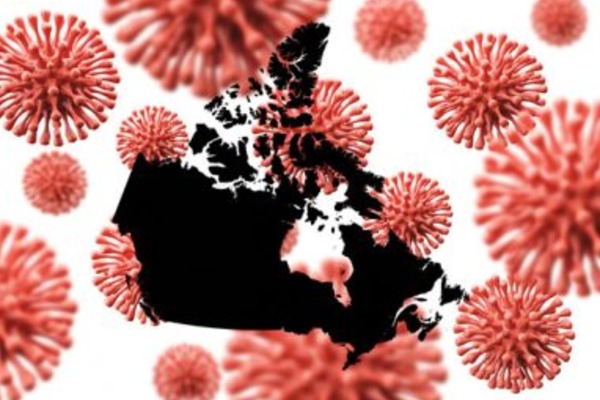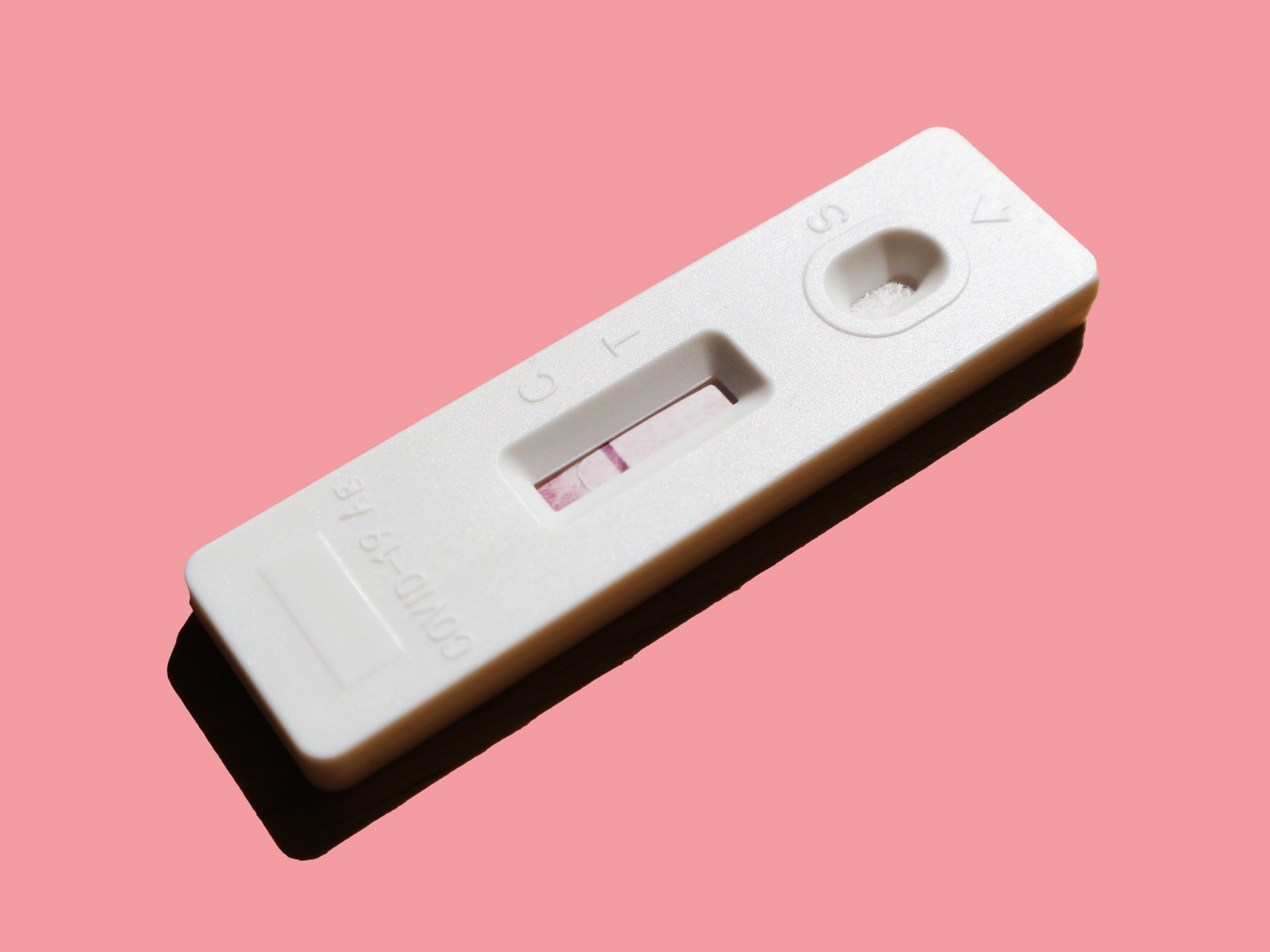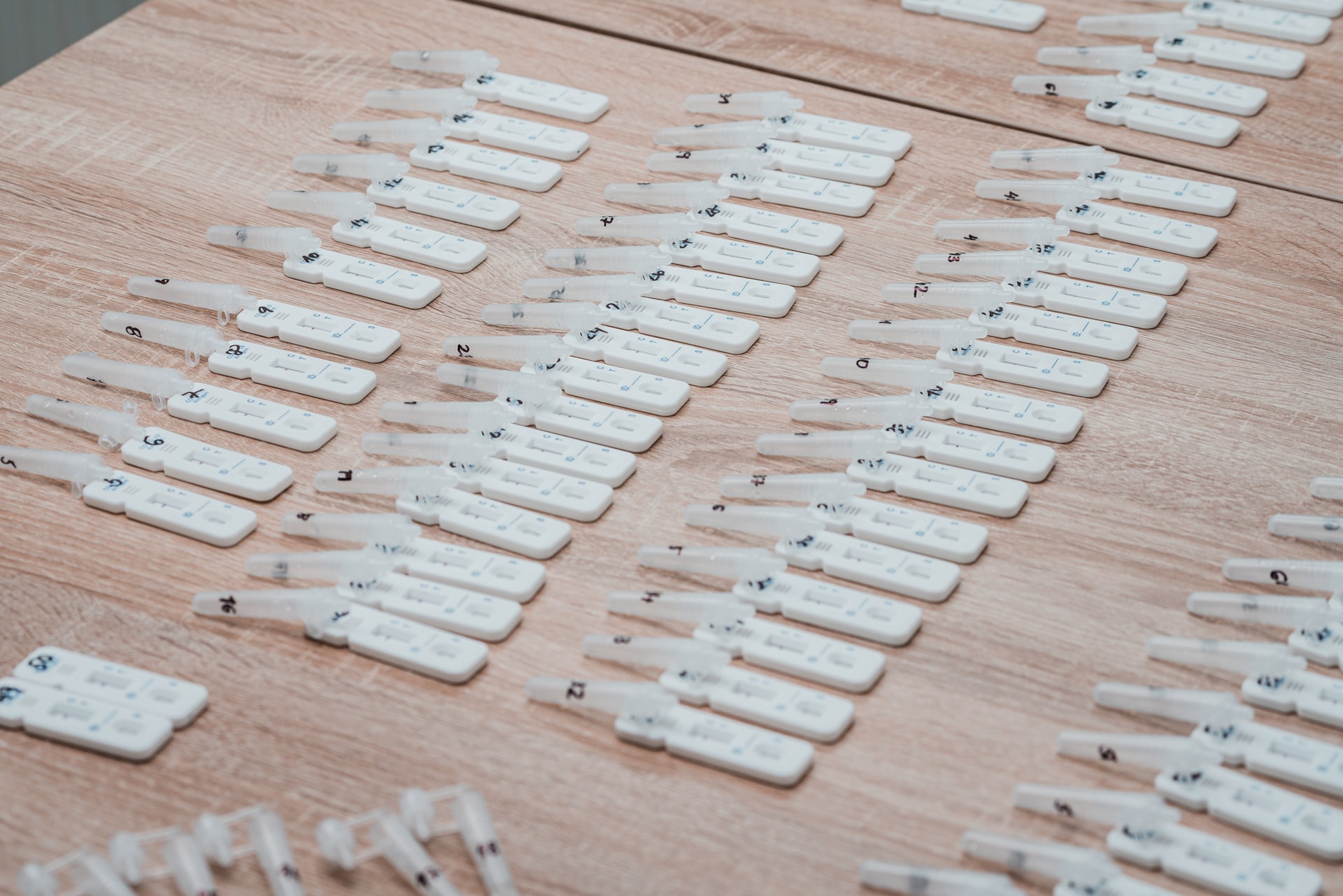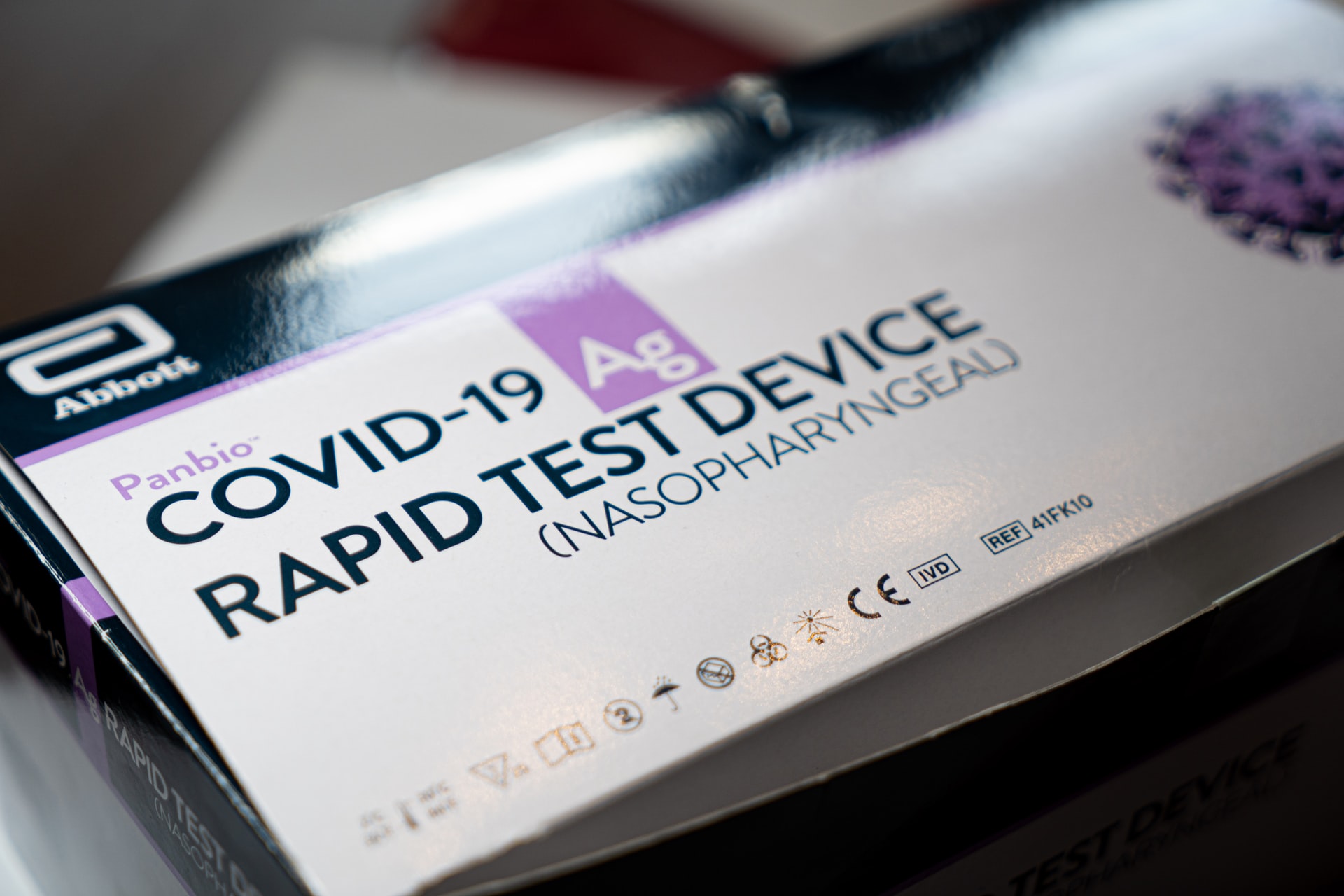Canadians Will Pay The Price For Testing

According to Finder.com, about three in ten (29%), or 9 million Canadians say they either have bought, or are planning to buy a COVID-19 rapid antigen test.
Finder.com asked Canadians what they would spend on a rapid test and just 3 in 10 Canadians would spend any amount at all. The majority (just over 9 million Canadians) would pay $5 to $25 on a single antigen test — generally standard pricing.
Surprisingly, over a million of them would spend $100 or more on a test — That’s approximately 500% more than the standard price for a single at-home test (about $15).
However, the reasons for buying a test varied. Approximately 2.3 million Canadians who have bought rapid antigen tests did so because they like the instant results (3%), or for peace of mind (4%).
Approximately one million Canadians (3%) say they would take a test but not buy one themselves, citing cost as a real barrier, saying ‘the tests are too expensive’.

Interestingly, there was a bit of a gender divide in the findings.
Women were more likely to say they would use a rapid antigen test (31% vs 27% in men) but were also more likely to say tests are too expensive (4% vs 3% in men).
While women are more likely to buy antigen tests overall than men (33% vs 28%) — particularly at the lower price points — each gender is equally as likely to spend $100 or more on a test (3% each).
What’s more, age was also a factor with approximately 3 in 10 younger Canadians aged (18 – 34) saying they don’t need a rapid antigen test versus just 2 in 10 seniors aged 65+.
When it comes to spend, millennials, particularly those aged 25 to 34, are willing to spend the most on a rapid antigen test, with 5% saying they would spend $100 or more (2 percentage point higher than the national average).

Finder.com’s Nicole McKnight says that with many schools now open to young children who are unvaccinated or only partially vaccinated, anxiety among parents, the elderly and the immunocompromised about catching the highly transmissible Omicron variant is high, resulting in demand for rapid antigen tests skyrocketing since the variant took hold in Canada in December.
Said McKnight: “Traffic to Finder’s COVID-19 testing page has increased by 592%, or nearly 6 times the amount of traffic in the last two weeks. There is clearly a massive demand for these tests and it makes sense that certain ‘at-risk’ groups in the community would want to obtain a personal supply of rapid antigen tests to keep their families and friends safe.”
McKnight also pointed out that: “While the federal government has promised an additional 140 million rapid tests to the province in January (enough for one weekly rapid antigen test per Canadian) provinces have cited delays in receiving federal shipments. These delays will no doubt see some of the 4.5 million Canadians who told us they are relying on free tests come up empty handed, so we do anticipate demand to continue to outpace supply in the near term.”

While the motivation when buying these rapid antigen tests is often fuelled by the desire to quickly protect the health and wellbeing of family and friends, suppliers are sounding the alarm about potential scams and how Canadians should do a little research before buying to avoid them.
Mike Schwarz of MyZone Health said: “Sadly, we are hearing countless reports of sellers willing to exploit frustrated shoppers looking for hard to find COVID-19 tests. Typically, these people will run a scam where they will offer tests, accept payment, and then stop all communication.”
Schwarz continued: “It’s important to buy from a reputable supplier, especially when spending more on bulk orders, and always be sure to first check the product is in stock and ready to ship to you before you click to purchase.”
Daniel Gurman, president of Go Test Rapide, explained how to source tests for those looking for more official and accurate results, whether for travel or other reasons.
Said Gurman: “While the testing focus of the Omicron wave is mainly rapid antigens for quick answers, no doubt there will be millions of Canadian travellers in the coming months who will require official results for their upcoming 2022 trips. We encourage Canadian travellers and other groups who need highly accurate rapid antigen or PCR tests, and speedy verifiable results, to use services that provide the help and guidance of a medical professional. This way Canadians don’t experience any at-home testing errors that can put their plans at risk.”
For more, go to https://www.finder.com/ca/covid-19-testing .


